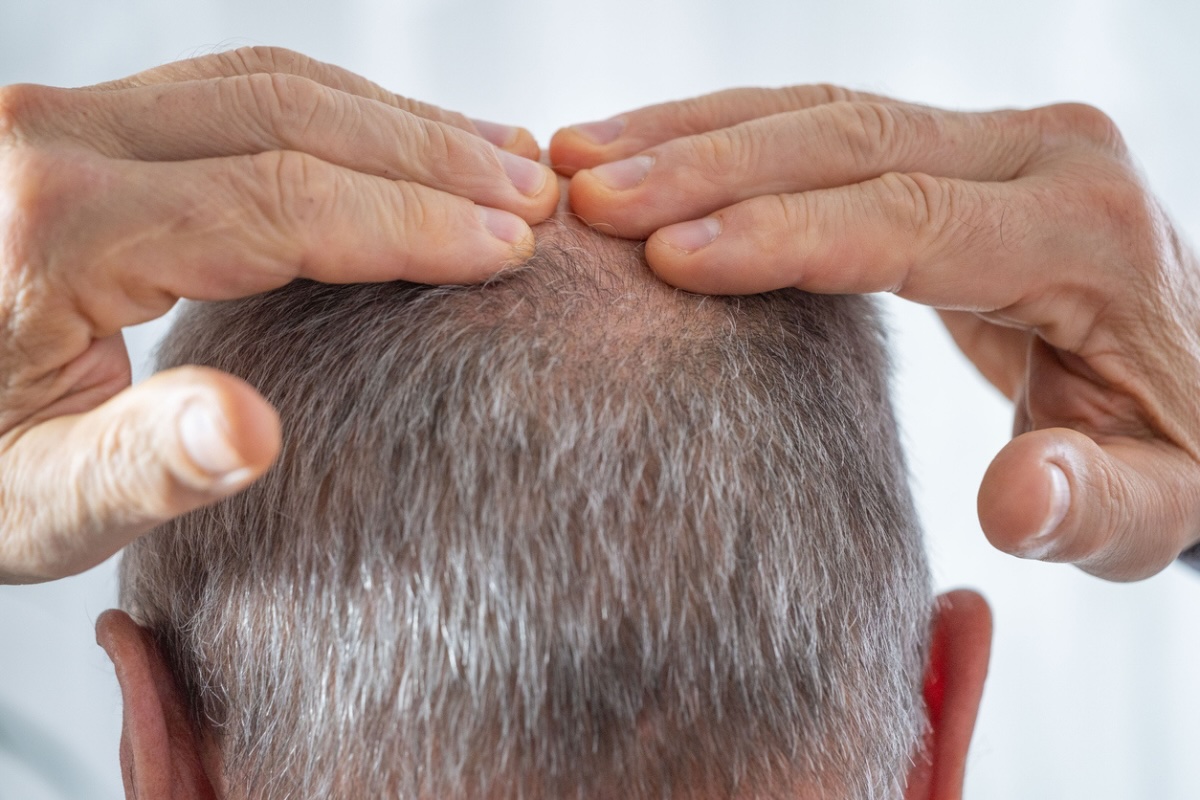Young adults in England benefit less from anxiety and depression talking treatments than their older counterparts, according to the largest study of its kind.
University College London researchers – along with partner institutions – looked at more than 1.5 million treatment records from NHS Talking Therapies (known – until recently – as The Improving Access to Psychological Therapies) between 2015 and 2019.
They found that patients between 16 and 24 improved less and were less likely to recover than those between 25 and 65. This gap persisted even after accounting for differences in symptoms, treatment intensity, and other demographic and clinical factors.
“Our analysis shows that talking therapies offered by the NHS are effective for younger adults, but as they are more effective for working-age adults, we believe there is work to be done to improve services for young adults,” lead author Rob Saunders, with UCL Psychology & Language Sciences, explained.
The Age Gap in Outcomes
On average, young adults showed smaller drops in depression and anxiety scores between the start and end of treatment. For depression, measured by the PHQ-9 questionnaire, younger patients improved by nearly one point less than working-age adults. For anxiety, measured by the GAD-7 scale, the gap hovered around 0.8 points.
When the researchers looked at NHS “key performance” outcomes, the disparity persisted:
- Young adults had 24% to 27% lower odds of meeting recovery or “reliable recovery” thresholds.
- They were more likely to experience symptom deterioration — 5.9% compared with 5.2% in older adults.
- If younger patients had matched older adults’ recovery rates, an extra 23,000 would have recovered during the study period.
These trends remained consistent across England’s health regions and over time, despite overall improvements in treatment outcomes between 2015 and 2019.
The dataset included nearly 1.3 million working age adults (with an average age of 41.5) and 309,758 young adults (with an average age of 20.8). More members of the younger group were students, lived in deprived areas, and had recorded diagnoses of autism, ADHD, or intellectual disability. They were also less likely to be on prescription medication and more likely to present with obsessive-compulsive disorder, social phobia, or panic-related disorders.
Notably, young adults were also more likely to drop out of therapy along witha higher rate of missed sessions (without notice).
Why the Gap Might Exist
The authors offered up multiple explanations.
One rests on the nature of “emerging adulthood” — a turbulent life stage marked by education transitions, job shifts, a change in living arrangements, and eveolving relationships. These stressors, combined with potentially earlier onset of mental illness and associated genetic factors, might make symptoms harder to treat.
The authors added that engagement with adult-oriented services could be a factor as well. Young people moving on from child and adolescent mental health services might find adult services harder to navigate, with patients shouldering more of the responsibility for managing appointments. Missed sessions, which can lead to discharge, also hinder progress.
Finally, the therapies themselves might work with the needs of today’s younger patients.
The researchers note that treatment targets and content often don’t address age-specific stressors such as social media pressures, online dating, and economic insecurity.
While young men in the study showed slightly better recovery rates than young women (43% vs 40%), gender didn’t otherwise significantly alter the relationship between age and overall treatment outcomes.
Broader Implications
The researchers argue that these findings should spur NHS Talking Therapies to consider age-specific adaptations. Possibilities include faster access to care, flexible and preferred treatment formats, and stronger efforts to keep young adults engaged once treatment begins.
Addressing social factors — such as unstable housing or employment — could also improve outcomes.
“Outcomes following routinely delivered psychological treatments across all areas of England were poorer in young adults than working-age adults,” the authors write. “When scaled up to the population level, these effects affect thousands annually.”
The study reinforces the need for more research into tailored interventions, from redesigning service processes to incorporating issues more relevant to younger patients.
Given escalating global anxiety and depression rates in this age group, the authors conclude that the challenge is as urgent and as it is widespread.
Further Reading
U.S. Suicide Deaths Reach Record High


